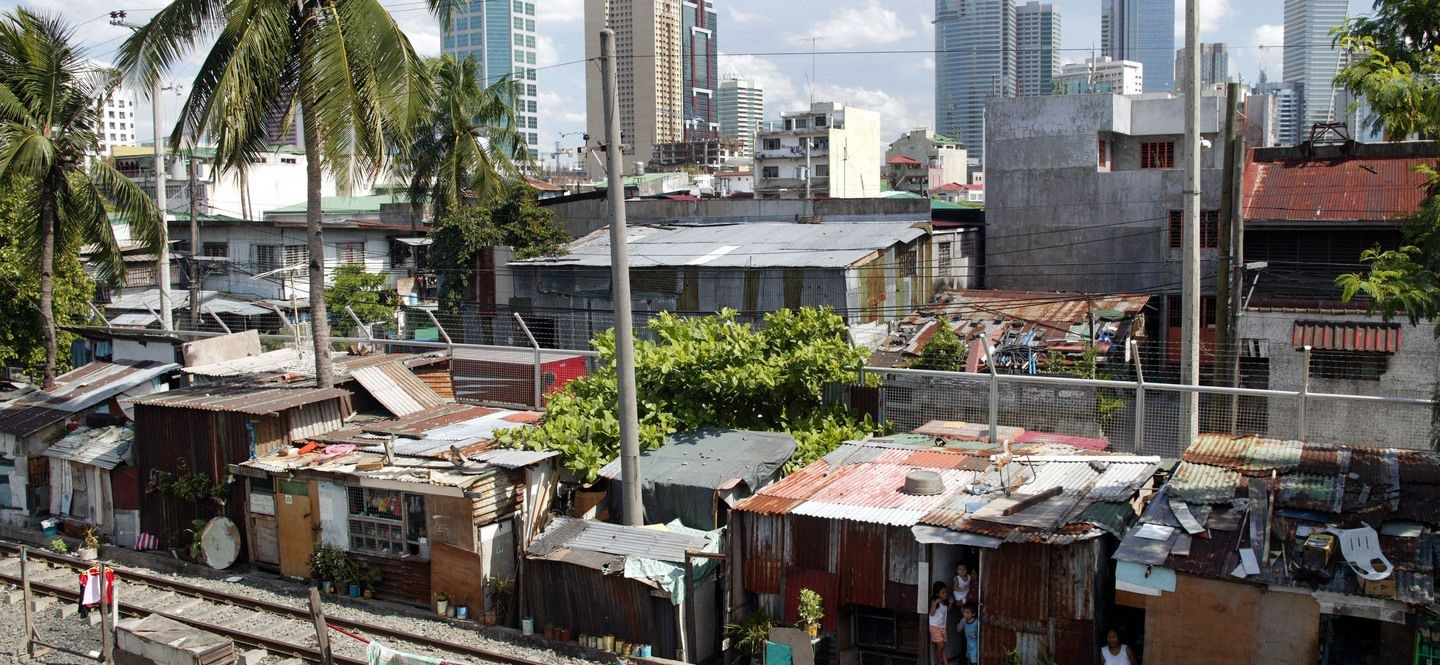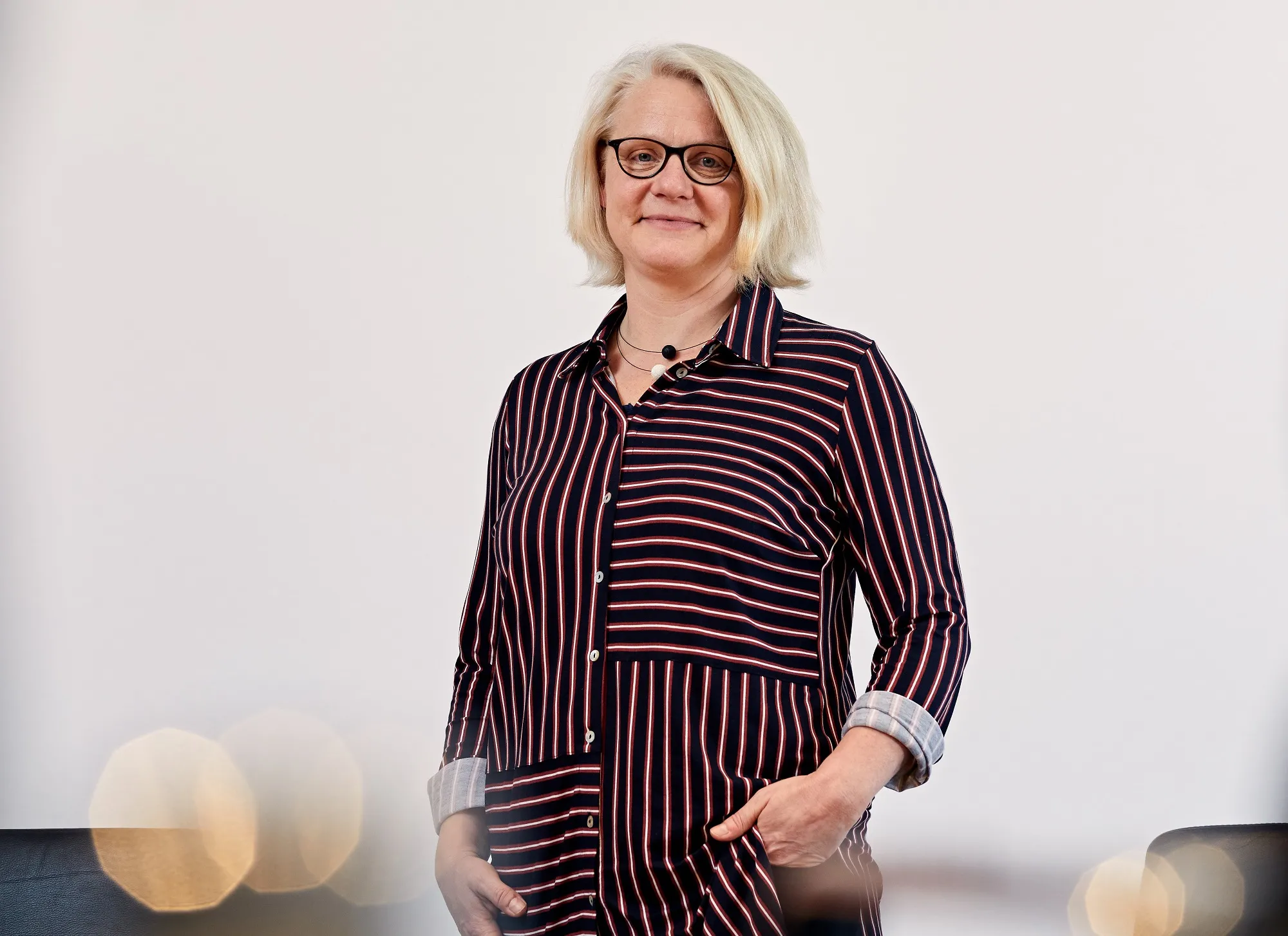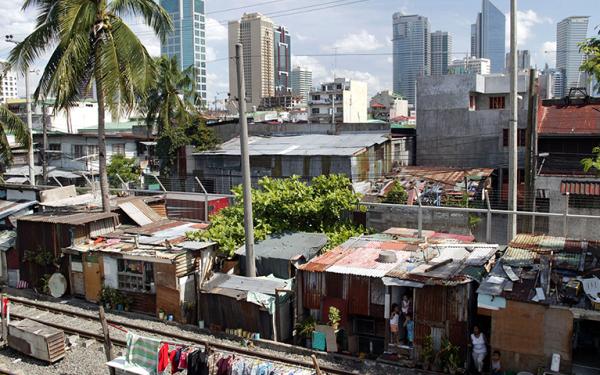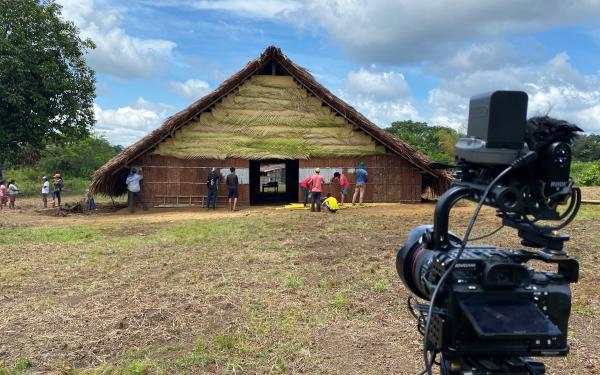
Friedrich Stark - Alamy Stock Photo
Global Issues
New impetus for the Volkswagen Foundation’s international funding: Interview with Dr. Adelheid Wessler, head of the 'International' funding team, on the 'Global Issues' program.
The corona pandemic illustrates with alarming clarity what a 'global issue' can mean in the worst case; namely, the spread of a dangerous infectious disease that transcends all political and geographical boundaries, the like of which has not threatened humanity on this scale for many decades.
The fact that major global challenges exist, and that these can only be overcome by working together in a concerted way, prompted the Foundation to give new impetus to its international funding as early as autumn 2017: It did so under the umbrella of the funding initiative Global Issues – Integrating Different Perspectives with its thematic calls for proposals. Dr. Adelheid Wessler, leader of the 'International' funding team, explains the goals being pursued by the Foundation and its funding partners and how the initiative is structured.
It was of course not at all foreseeable that the call titled 'Mobility – Global Medicine and Health Research' in the context of 'Global Issues' would become so dramatically more topical. What was it that prompted the call?
Adelheid Wessler: The basic idea was that the exploding mobility of people, whether for tourism or economic reasons or involuntarily through displacement and people seeking refuge, brings with it enormous challenges but also opportunities for the health systems in the affected countries. We are experiencing all too clearly how Covid-19, due to global interdependencies, is spreading rapidly throughout the world – with sometimes quite disastrous local effects.
The idea behind this specific call was born in collaboration between us and three other major European foundations: Wellcome in the UK, the Novo Nordisk Foundation in Denmark, and the La Caixa Foundation in Spain. We want to support projects that examine the impact of mobility on the health of local and mobile populations as well as on different health systems from different perspectives. The proposed solutions should of course be sustainable.

Dr. Adelheid Wessler heads the 'International' team of the Volkswagen Foundation
Are there any inquiries specifically regarding the coronavirus? If so, how do you respond?
Adelheid Wessler: Yes, there are of course some proposals to do with the coronavirus. The answer is that the call is in principle open to interdisciplinary research, for example on the effects of social and cultural conditions when dealing with an issue such as corona, or on the opportunities and risks of using digital technologies in this context. However, this call does not lend itself to short-term financial support because it involves a multi-stage application and evaluation process. In concrete terms, initially 50,000 euros can be made available for a one-year preparatory phase. Following a new application to be submitted in the summer of 2021, the main projects can then start in January 2022 at the earliest. The Foundation is preparing a separate funding offer for the rapid support of research projects immediately resulting from the Corona crisis.
What has been the scientific community’s overall response to the 'Global Issues' initiative?
Adelheid Wessler: The response is very positive. Applicants especially appreciate the fact that the initiative supports truly global research consortia, and that funds must be equally distributed between partners from the Global North and South – whereby reference is also made to the challenges that such cooperation can bring with it. The various calls for proposals in the context of 'Global Issues' which allow for phases of orientation and preparation of varying length have also met with a positive reception.
At the same time, other research funding organizations and the broader public welcome the news that European foundations are prepared to engage jointly in addressing important topics of global relevance. So far, these have included social inequality, cultural heritage and global health. Further topics are being planned.
What do you find particularly interesting? What is important to you personally?
Adelheid Wessler: For me, it is especially important that we are opening up ways to involve researchers from the Global South on an equal footing in the development of projects. After all, international research has often been and still is very much driven by the North – not only financially, but also in terms of content. It is in the North that the topics are set and the research questions formulated. Only in a second step are partners from the Global South sought, in order to involve them as junior partners in the projects. This must be altered towards equality of agenda setting, and this is where we would like to make a contribution. By financing preparatory phases, the partners can get to know each other and their research approaches and methods, allowing sufficient time to bring their different perspectives to bear. This is the only way research will be able to make a meaningful contribution to sustainable global development.
That is an important aspect: How do you see the role of research in relation to the United Nations' Sustainable Development Goals?
Adelheid Wessler: The world is facing major challenges that are globally interwoven and therefore call for global action. The corona pandemic we are currently experiencing stands alongside, for example, the climate crisis and environmental pollution, loss of biodiversity, social inequality, hunger, terrorism and violent conflicts. Many scientific studies have long shown that most of these challenges are man-made, stressing that urgent action is needed. With the adoption of the 'Sustainable Development Goals', all UN member states have underscored their commitment to actively pursue the goals of economic, ecological and social sustainability. Research has a decisive role to play here. It provides the knowledge base for urgently needed far-reaching decisions. It is only through research that innovations on a technical but also on institutional, social and cultural levels become possible.
How can science funding support such a transformation?
Adelheid Wessler: Science funding can support this by including the perspective of sustainable global development in the formulation of new funding offers. The Volkswagen Foundation therefore invites scientists and scholars from all parts of the world to attend consultations, where they propose and discuss new topics and funding needs. Such consultations have, among other things, resulted in the project structure that we have set out in 'Global Issues', which is intended to facilitate transnational cooperation on an equal footing: The number of partners from middle-income or low-income countries must be the same or greater than that of partners from high-income countries. In our assessment, we are guided by the economic classification of countries as defined annually by the World Bank.
But this project structure alone will probably not be sufficient to guarantee the equality of the partners involved?
Adelheid Wessler: No, of course not. It is up to all funding organizations to identify those projects in which this equality is actually put into practice at a high scientific level. This is why the Foundation employs a two-stage review process, which includes the presentation of the projects to a review panel. Experience has shown that the interaction of the presenting project participants – up to three of them – allows us to draw conclusions about their approach to equitable partnership and cooperation. We have been able to see this in the evaluation process attached to the call 'Integrating Different Perspectives on Social Inequality'. But perhaps even more important in this context is the fact that as a matter of principle, a sufficient number of scholars from the Global South are appointed to the review panels. In this way, new perspectives will flow into the evaluation and thus into the selection of projects to be funded. This is indispensable for a reorientation towards solution-driven research adapted to local circumstances.
Global issues and locally adapted research: How does that work?
Adelheid Wessler: Yes, something of a contradiction at first glance. And whether it succeeds to the desired extent remains to be seen. But with these calls for proposals we want to create a setting in which partners from different low and middle income countries can teach each other and build networks. And we also want the HICs to learn from the experience and expertise of LMICs. We are convinced that the times are over when solutions to most of the world's problems are developed in the North and then transferred to the South. Many examples show that the transfer of ideas South to North is equally beneficial, such as the development of models for regional economies.
The Foundation has found co-sponsors for the 'Global Issues' funding initiative in other European foundations. Is this a model for further activities going forward?
Adelheid Wessler: Through this kind of cooperation, the foundations achieve not only a larger financial volume but also greater visibility for the topics of the calls for proposals. As a result, the overarching aspect of integrating different perspectives is also further disseminated. Different foundations participate in the individual calls, depending on their focus; Wellcome, for example, is only involved in health research. The Volkswagen Foundation has many years of good experience with such cooperation.
In the call for proposals on social inequality, the first grants have recently been awarded. Have the applications met your expectations?
Adelheid Wessler: In this call, the funding partners now support eight projects with a total of 11.6 million euros. Due to the global approach, we reach completely new countries and regions which were not yet addressed by the Foundation's previous funding. For example, cooperation is now taking place between Colombia, Brazil and Germany, between the Netherlands, South Africa and India and between Cameroon, the Democratic Republic of Congo, China, Finland and Germany. In terms of content, the projects deal with questions of social inequality caused by long-standing social-economic structures such as the abuse of special economic zones by international companies, but also with modern forms of slavery and exploitation of labor. A wide range of topics is covered. Unfortunately, it is to be expected that the Corona pandemic will magnify the problem of social inequality in many nations – and even more so in a global perspective. In this respect, the new call for proposals on this topic, which is planned for next year, is becoming sadly urgent in a way that was inconceivable earlier.



